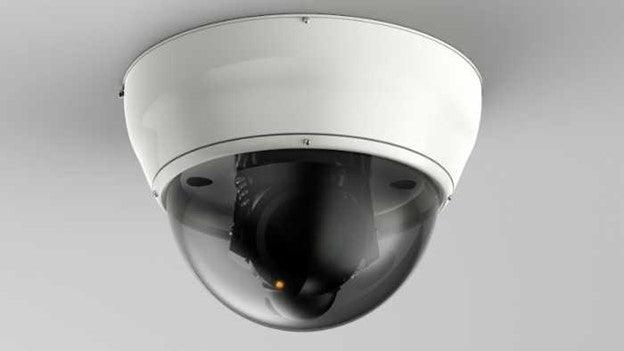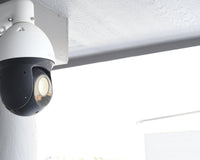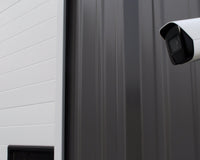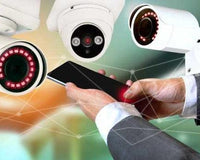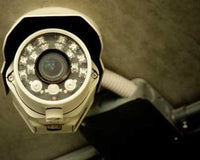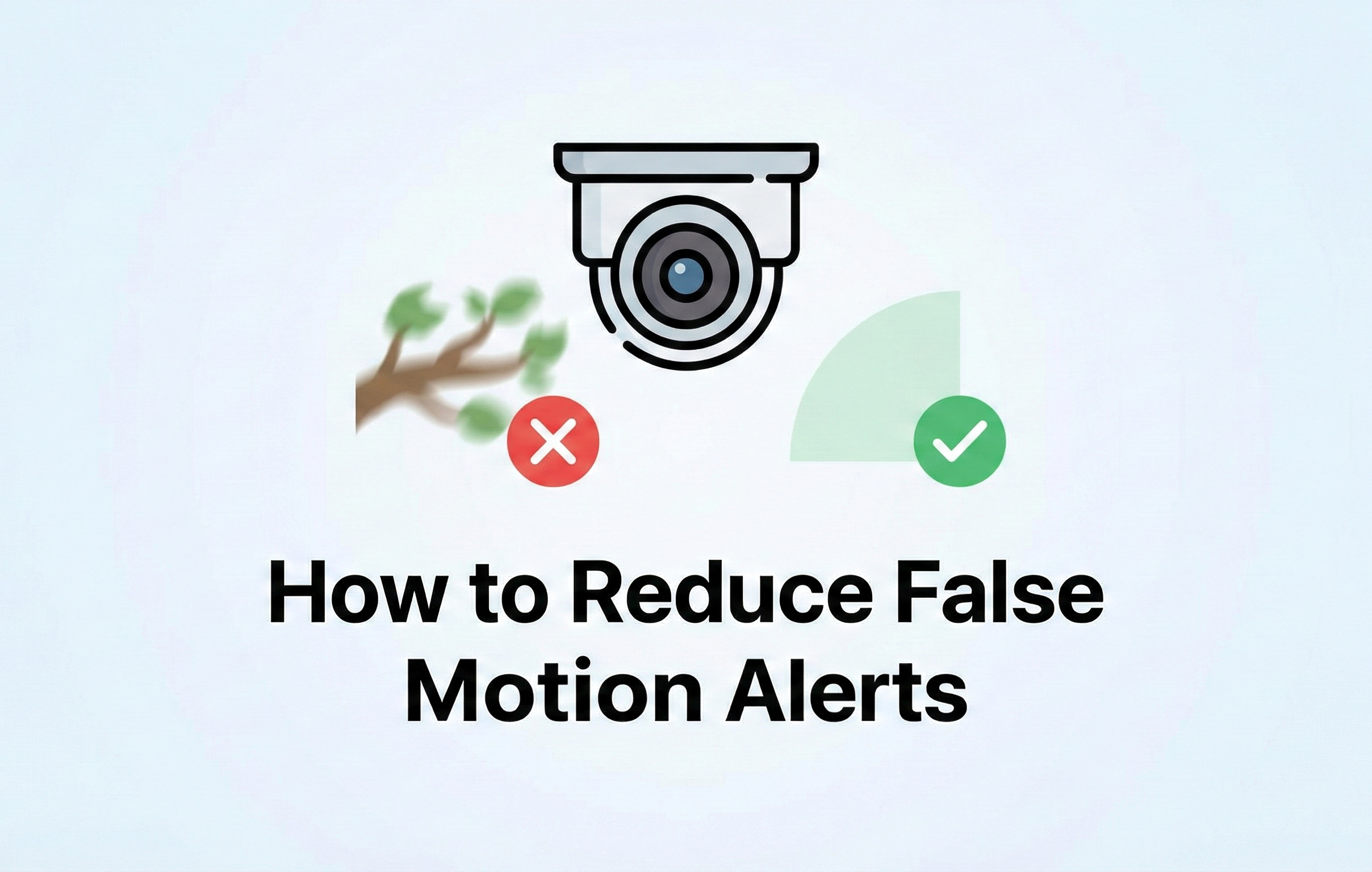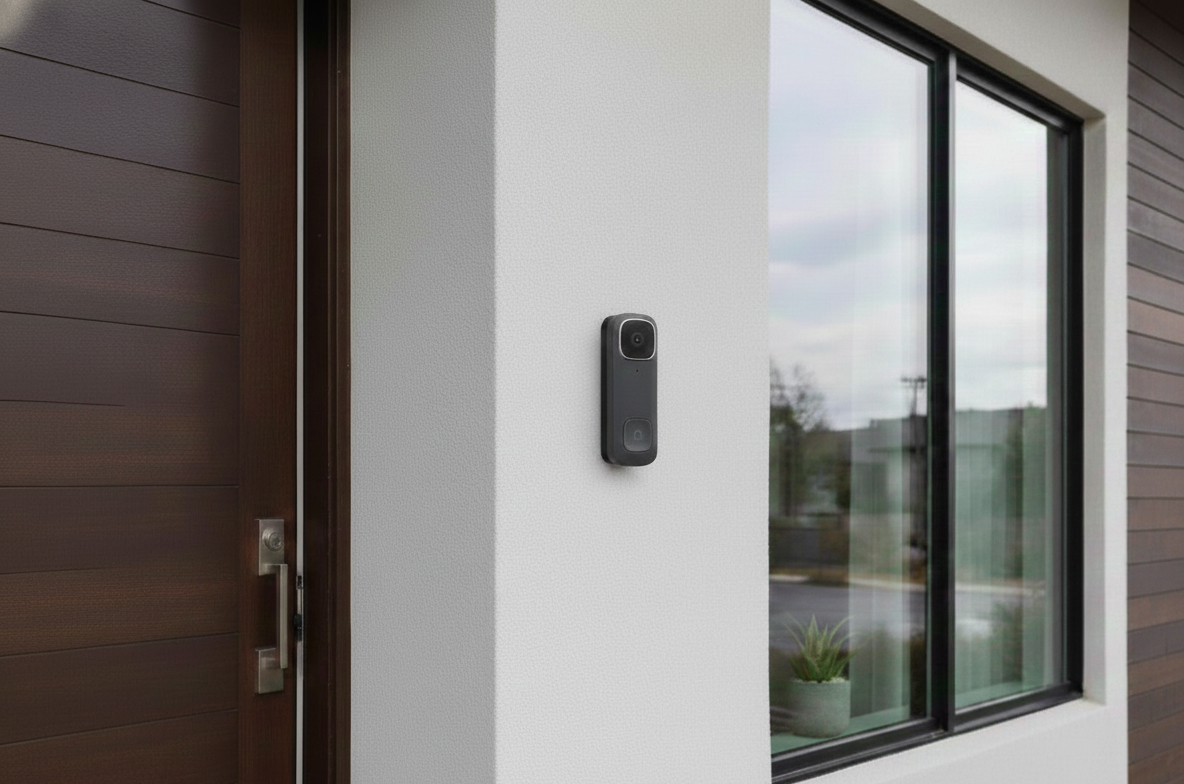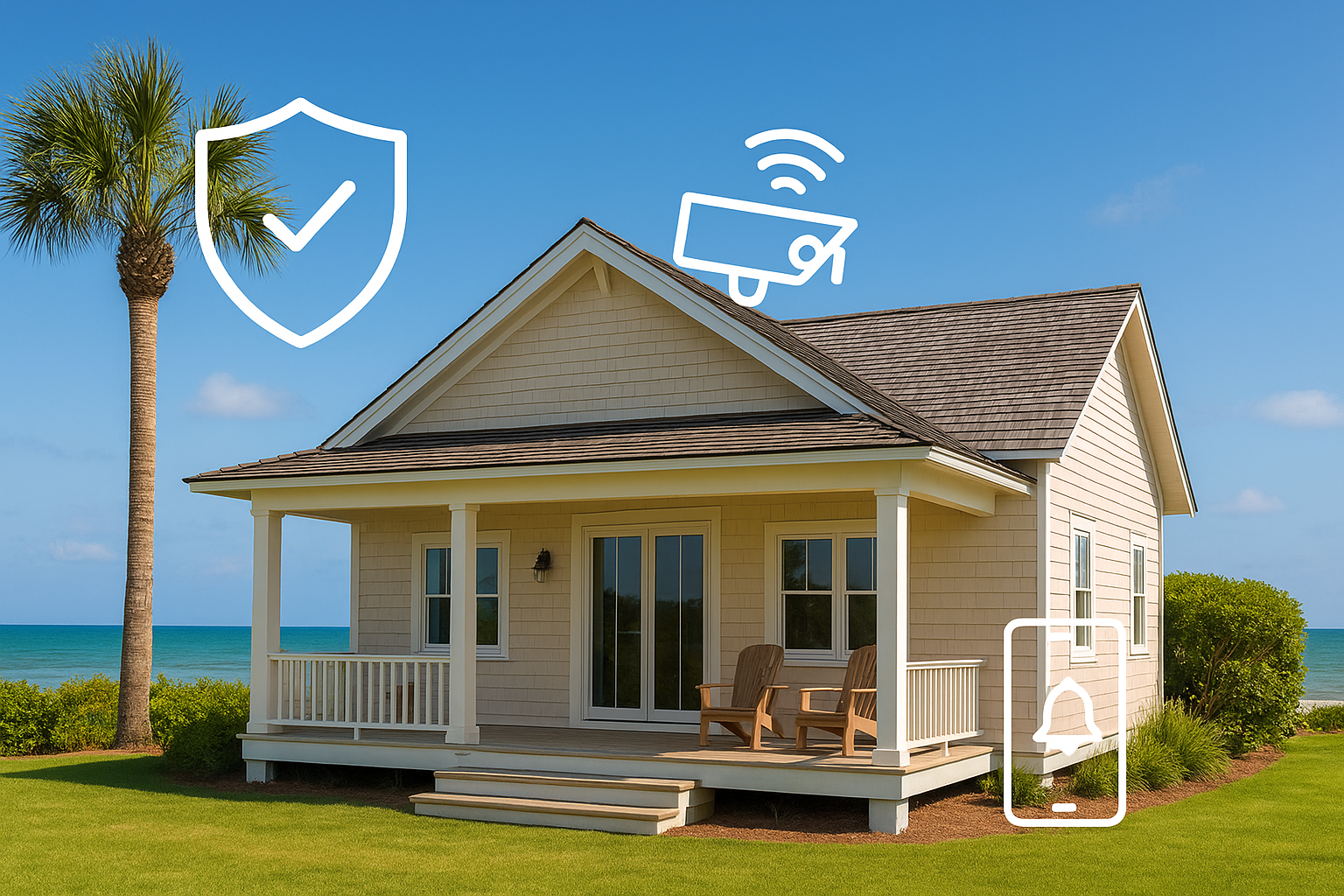Security cameras are a vital part of any home security system, as they provide an extra layer of protection against burglars and intruders.
But how do security cameras work?
Most security cameras are motion-activated and will record when they detect motion.
This footage can be viewed on a smartphone, tablet, or computer from anywhere in the world using an internet connection.
In this article, we'll take a look at the basics of how these devices work and what you need to know before purchasing one.
How Do Security Cameras Work?
Security cameras work by capturing footage of your home or property, which you can then view on a computer or smart device.
Most security cameras are motion-activated and will only record when they detect motion. This footage is then stored on a local SD card or in the cloud, depending on the security camera system.
You can access this footage from anywhere in the world as long as you have a good internet connection.
Some security cameras also come with two-way audio, which allows you to listen in on what's happening in your home, as well as speak to whoever is in the field of view for the surveillance cameras.
Do Home Security Cameras Work?
When it comes to home security, many people wonder whether security cameras are actually effective.
After all, a security camera can only do so much to deter burglars and intruders. However, there is evidence to suggest that security cameras can be a helpful addition to any home security system.
A study by the University of North Carolina found that homes with security cameras were significantly less likely to be burglarized than homes without cameras.
In addition, another study found that the presence of security cameras was enough to deter would-be burglars in nearly 60 percent of cases.
While security cameras may not be a foolproof way to protect your home, they can certainly help to deter criminals and make your home a less attractive target.
What Should You Look for in a Security Camera?
When shopping for a security camera, there are a few things you'll want to keep in mind.
First, consider where you want to install the camera. Indoor cameras will need to be wired, while outdoor cameras can be wireless.
Next, think about what features are important to you. Some security cameras come with night vision, while others have two-way audio.
Finally, make sure to choose a wireless camera that is compatible with your home's Wi-Fi network.
Installing a security camera is a simple way to improve the safety of your home or business.
By understanding how these devices work, you can be sure to purchase the right security camera system for your needs.
How do Wireless Home Security Cameras Work?
Wireless security cameras are becoming increasingly popular as a way to deter criminals and keep an eye on your property. But how do these security cameras work?
A home wireless security camera system transmits images wirelessly, using either a Wi-Fi connection or a dedicated wireless receiver.
The receiver is typically connected to a DVR or NVR, which records the footage. The benefit of using a wireless camera is that they are much easier to install than wired cameras.
There is no need to run cables through your walls or ceiling, which makes them ideal for renters or homeowners who don’t want to drill holes in their walls.
Another advantage of a wireless camera is that it can be easily moved and repositioned, making them more versatile than wired security cameras.
Wireless home security cameras use battery power, so you will need to regularly check and recharge the batteries.
Some wireless security cameras also have solar panels that can help to extend the battery life. One downside of wireless home security cameras is that they can be hacked just like any other Wi-Fi device.
However, you can reduce the risk of being hacked by using a strong password and keeping your software up to date.
Overall, a wireless security camera is a convenient and effective way to improve the security systems of your home.
How Do Wired Home Security Cameras Work?
Wired home security camera systems are the traditional type of surveillance camera, and they’re still popular for a reason. Wired security cameras are hardwired to your home’s electrical system, so they don’t rely on battery power.
This means that you won’t have to worry about recharging the batteries, and you’ll always have a working IP camera. Wired security cameras are also more tamper-resistant than wireless cameras, making them more difficult for burglars to disable.
However, wired home security cameras can be more difficult to install than wireless security camera systems. You’ll need to run cables through your walls or ceiling, which can be difficult, especially if you’re not comfortable with DIY projects.
Another downside of wired home security cameras is that they can’t be easily moved or repositioned once they’re installed. If you need to change the position of the security cameras, you’ll likely need to hire an electrician to do the job.
Conclusion
If you're looking for a way to keep an eye on your home or property, security cameras are a great option.
They're affordable and easy to set up, and they provide peace of mind by allowing you to see what's going on when you're not there.
Most security cameras are motion-activated, so you can rest assured that only activity that needs to be monitored will be captured on video surveillance.
And thanks to the internet, you can access this footage from anywhere in the world.

